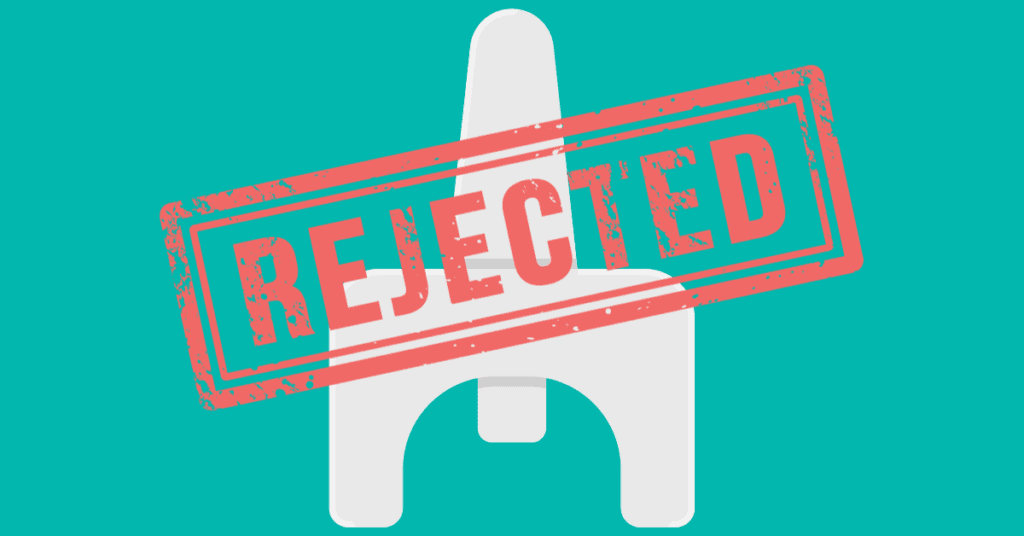Anaphylaxis FAQs
What do people ask us about anaphylaxis?
Anaphylaxis is a severe allergic reaction. While mild reactions can be irritating, severe allergic reactions can be deadly. In response to exposure to an allergen, the body releases histamines and mast cells. The mast cells are bronchoconstrictors and vasodilators that can restrict the body’s ability to get oxygen. The longer the reaction goes on, the harder it can be to stop those chemicals working in the body.
Anaphylaxis happens when someone with an allergy is directly exposed to an allergen.
Reactions happen when the protein gets into the body so seeing or smelling an allergen does not put you in contact with the protein. While anxiety may happen around an allergen that causes anaphylaxis, anaphylaxis only happens with exposure.
Anaphylaxis happens when someone with an allergy is directly exposed to an allergen.
Reactions happen when the protein gets into the body so seeing or smelling an allergen does not put you in contact with the protein. While anxiety may happen around an allergen that causes anaphylaxis, anaphylaxis only happens with exposure.
While antihistamines are great for reactions to seasonal allergies, they do not do enough to stop anaphylaxis. They may stop itching or redness but they will not stop the part of the allergic reaction that can be deadly.
Also, antihistamines that cause drowsiness can mask neurological symptoms of anaphylaxis which can cause it to be missed. If you suspect anaphylaxis, use epinephrine.
Epinephrine is the main medication that STOPS anaphylaxis. Those with severe allergy will not always produce enough adrenaline naturally to stop an allergic reaction from turning deadly and need help. That’s where epinephrine comes in! It stops the deadly parts of the reaction, not just the “uncomfortable” parts like antihistamines.
The faster you use epinephrine during anaphylaxis, the faster a person will start feeling better.
When you recognize anaphylaxis, you need to act quickly!
- Call 911
- Use epinephrine
- Care for the person till EMS arrives
While using epinephrine is not dangerous, anaphylaxis is! It can be bi-phasic – which means that it can “come back” so medical professionals should monitor and care for the person that experienced the reaction.




